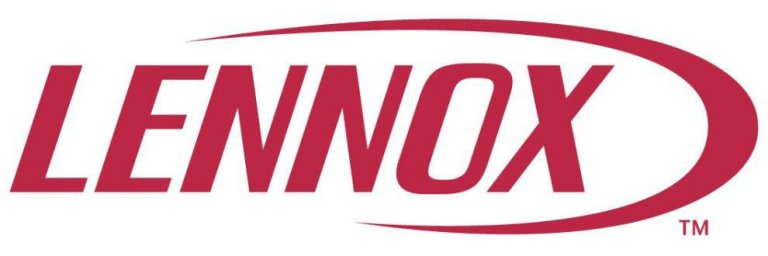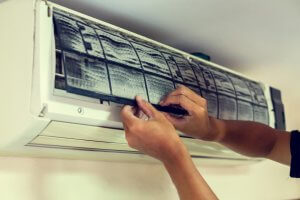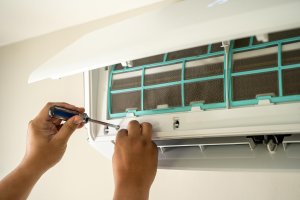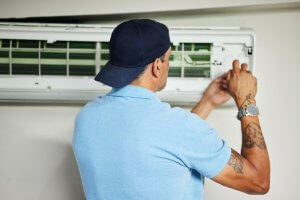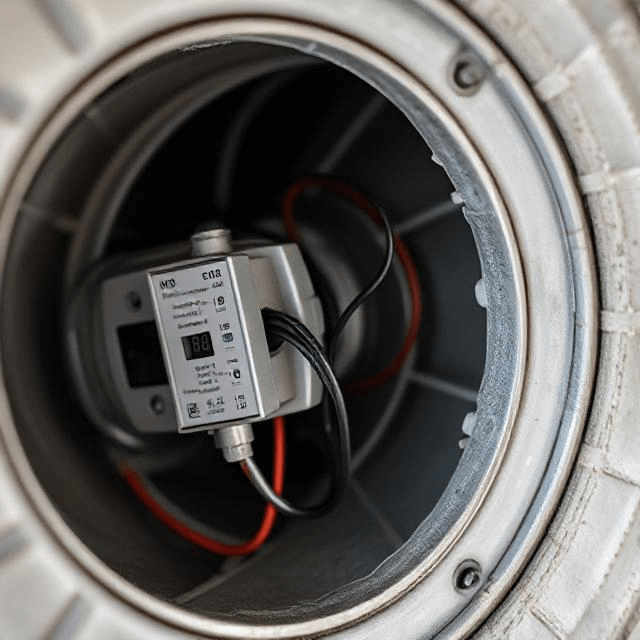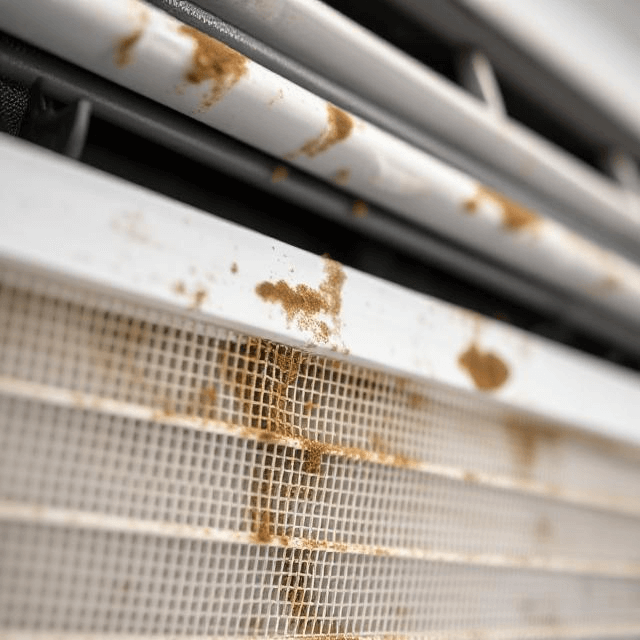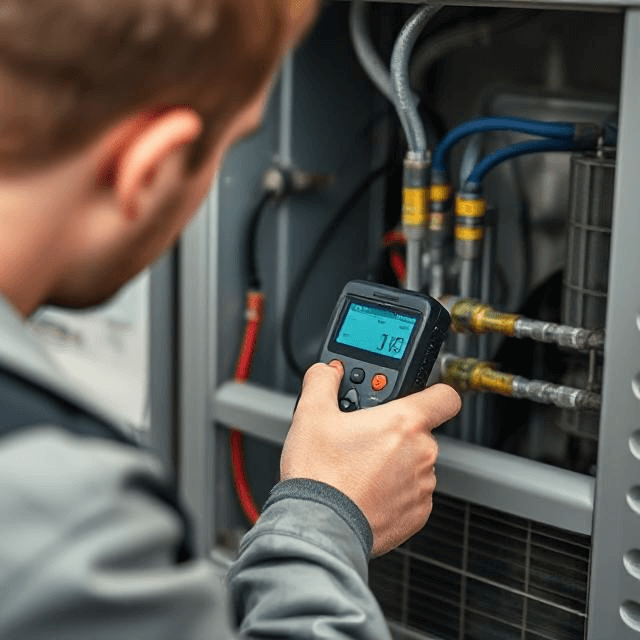Condenser units enhance the functionality of air conditioning and refrigeration systems. It directly impacts their efficiency and lifespan.
However, like any mechanical component, they are prone to various issues stemming from everyday wear and tear, environmental factors, and lack of maintenance.
Understanding these common problems and how to address them can keep your system running smoothly and extend its lifespan.
In this guide, Season Control HVAC shares tips on how to identify and fix common problems with your condenser units.
Understanding Condenser Units
Condenser units play a vital role in transferring heat to the outside air and keeping your indoor spaces cool and comfortable.
Condenser units begin their process by receiving refrigerant vapor from the compressor. They then condense this vapor into liquid form through heat exchange. Finally, they send the liquid refrigerant back into the indoor unit, allowing the cooling process to continue.
These units come in different types, including air-cooled, water-cooled, and evaporative models. You can choose the one that suits your specific environment and cooling needs.
A typical condenser unit includes the following components:
- The condenser coil, which releases the heat
- The fan blows outside air through the coil to aid in cooling
- The motor that drives the fan
The proper functioning of these components ensures the peak performance of the entire system.
Common Issues with Condenser Units and their Solutions
Dirty Condenser Coils
The functionality of a condenser unit is dependent on the heat transfer process. Dirty condenser coils cannot effectively release heat.
This leads to lower cooling efficiency and increased energy consumption.
Solution: Regularly clean the condenser coils to remove debris and dirt. Turn off the power unit and use a garden hose and a coil cleaner.
Fan Issues
The fan in the condenser unit dissipates heat by blowing air through the condenser coils. Faulty fan motors, damaged blades, or loose parts can lead to inefficient operation or system overheating.
Solution: Inspect the fan for any signs of wear or damage. If the fan motor is not working, it may need to be replaced. Tighten any loose parts and replace damaged fan blades to ensure optimal performance.
Refrigerant Leaks
Refrigerant leaks lead to inadequate cooling and potential ice formation on the coils.
Solution: Address refrigerant leaks promptly by calling in a professional HVAC technician to locate the problem and provide necessary repairs.
Electrical Issues
Electrical problems, including faulty wiring, tripped breakers, or failing capacitors, can prevent the condenser unit from starting or cause it to operate intermittently.
Solution: Conduct a thorough inspection of the electrical connections and components. Replace any faulty wiring and reset tripped circuit breakers. Capacitors showing signs of wear or failure should be replaced by a qualified technician.
Blocked Airflow
Anything obstructing the airflow around the condenser unit can cause the system to overheat and operate inefficiently.
Solution: Clear the area around the condenser unit of debris, plants, and other objects that could block the airflow. It’s recommended to keep at least 2-3 feet of clear space around the unit.
Overheating
Dirty coils, blocked airflow, or electrical issues can cause overheating. This can also cause the system to shut down automatically to prevent further damage.
Solution: Regular maintenance prevents overheating. Keep the unit clean, ensure proper airflow, and address any electrical issues promptly. Installing a shade over the unit can also help keep temperatures down, but make sure it doesn’t restrict airflow.
Clogged Drain Lines
Condenser units generate condensation that is expelled through a drain line. Water can back up if drain lines are clogged or overflow, potentially causing water damage.
Solution: Regularly inspect and clean the drain lines to clean debris and blockages. Use a wet/dry vacuum or flush the lines with a water and bleach solution to prevent algae buildup.
Preventive Maintenance and Care
Regular checks can prevent the common issues discussed above and can enhance the functionality of your condenser unit.
Here’s how Season Control HVAC recommends approaching preventive maintenance:
Routine Cleaning
Clean the condenser coils and fan blades at least once a year, ideally before the cooling season begins. This helps maintain optimal heat transfer and airflow.
For the coils, use a garden hose and a coil cleaner. A soft brush or cloth can remove debris from the fan blades without damaging them.
Regular Inspections
- Electrical Components: Annually inspect all electrical connections and components for signs of wear or damage. Secure any loose connections and replace worn parts.
- Refrigerant Levels: Have a professional check the refrigerant levels during your annual maintenance visit. Incorrect levels can significantly impact efficiency and cooling performance.
- Drain Lines: Check the condensation drain lines for clogs or blockages. Clean them as needed to prevent water damage and maintain proper humidity levels.
Professional Maintenance
DIY maintenance may be tempting, but certain components require professional expertise. These include handling refrigerant, deep electrical repairs, and comprehensive system checks.
Schedule a professional HVAC maintenance service at least once a year to perform a thorough inspection of your system. They can detect potential issues before they become serious problems.
Upgrading Parts
Over time, parts of your condenser unit may become outdated or wear out. Upgrading components such as the fan motor, capacitors, or even the thermostat can improve efficiency and system performance.
Awareness and Immediate Action
Be vigilant about any changes in your system’s performance, such as unusual noises, decreased cooling efficiency, or unexpected shutdowns.
Address issues promptly to prevent further damage. If unsure about a problem, consult a professional HVAC technician rather than attempting complex repairs yourself.
When to Call in a Professional to Check Condenser Unit
While a DIY approach can be convenient for minor issues, there are situations where calling in a professional is not just advisable but necessary.
Some common scenarios include:
- System Not Cooling: If your air conditioner is on but not cooling, it might be a complex issue.
- Strange Noises: Unusual sounds from the unit can indicate serious problems.
- Electrical Faults: Issues like frequent breaker trips require professional expertise.
- Refrigerant Leaks: Handling refrigerant requires certification.
- No Airflow: Weak or no airflow from vents may point to a deeper malfunction.
- Ice Formation: Ice on the coils or unit suggests significant issues.
- Thermostat Issues: Problems that persist after replacing batteries or resetting the thermostat.
- High Energy Bills: Sudden spikes in energy use can indicate an inefficient system.
- Regular Maintenance: Annual checks can prevent unexpected breakdowns and extend your unit’s lifespan.
Secure Your Comfort with Season Control HVAC
Addressing common condenser unit issues promptly and adhering to a regular maintenance schedule can prevent costly repairs and ensure smooth operation.
However, when faced with complex issues, professional expertise is necessary to ensure safety and effectiveness.
For professional assistance and peace of mind, contact Season Control HVAC at (818) 495-9524. We are ready to help with all your HVAC needs.
